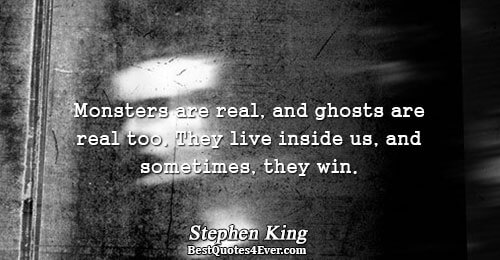

I cannot alter the facts associated to particular activity, but I can find freedom in choosing what kind activity I engage in. When I switch from car driving to riding a bike, the activity changes and so do the constraints. I no longer need to care about whether gas costs 1,3 euros or 2,6 euros because I am no longer engaged in car-driving.

I am then bound by the constraints which control riding a bike (different kind of regulations, regions where I ride and so on). On the other hand, if I sell the car and decide to go with a bike instead, the constraints/ facts of car-driving no longer apply to me. I can use the car as I please but I have to abide to these constraints. However, the facts are tied to certain kind of activities: If I drive a car, I must abide the driving regulations, the technical constraints of the car, and the financial realities of keeping the car in shape and fixing it whenever faults emerge. means by 'facts' things which confront the individual as external constraints and the individual has no power over them. I believe this is the idea behind another famous Nietzsche quote: "There are no facts, only interpretations". One also knows how much materials cost (fact) and how much people are willing to pay for the goods (facts). On the other hand, if one works as a manufacturer, one knows how produce certain kinds of things (activity and viewpoint). pulse, blood pressure, breathing, general wellbeing) and often think of different things how they relate to health (interpretation). If you are a doctor, you solve health-related problems daily (activity), you observe facts which are related to health (e.g. I believe that for Nietzsche, facts, interpretations and activities are always tied together, which can be illustrated in terms of how people in different occupations see the world around them.Į.g. If you keep on immersing yourself, the more all-encompassing the viewpoint becomes: "if the only tool you have is a hammer, to treat everything as if it were a nail." If you engage in any kind of activity, you begin to embrace the viewpoints and facts related to the activity. "Whoever fights monsters should see to it that in the process he does not become a monster." There is always power to be uncovered by renunciation of boundaries, but pursuing an utter lack of restraining form leaves one 'powerfully empty', and perhaps incapable of recovering one's artistic nature. In particular, I think 'an abyss' is a sort of monster, the monster of complete cynicism and true nihilism - the completely empty man that early 'beatnik' post-modernism seems to favor.

If others' use of power lacks art, we should not simply confront them with more power, if that involves less art. We should choose scale, elegance and consistency. In this context, I think the quote about monsters indicates there are aesthetic choices that we should restrain ourselves from making even though they would be effective. He accuses Wagner's music of being an assault on the audience, brandishing its scale in a way that shocks the senses and bruises the organs, and of having too little consistency and comprehensibility - winding an endless melody, rather than a theme. Particularly, I think it is why he bothered to publish 'contra Wagner'. To see his aesthetic, you can look at his own artistic process, which he displayed over and over again by choosing mythological or poetic representations, or you can look at his critiques of other's work. Power may be the medium of morality, and its goal, but tasteless use of power is like tasteless use of any other medium.

In The Gay Science he says something to the order of 'One must make of one's Self a work of art, carving away something here, growing something there, repurposing some mass of unavoidable ugliness elsewhere to present a more pleasant view from the distance.' (I do not have a copy here, and I cannot find it online, if someone can give me the words.)Ī monster is one whose 'self' lacks 'art'. This is one of the aspects of Nietzsche that is easily overlooked by people who want to see him as simply nihilistic and destructive.įor Nietzsche, the construction of the self is not a religious act, an obligation, or an act of submission to nature, as variously seen by 'moralities' - it is an art form.


 0 kommentar(er)
0 kommentar(er)
